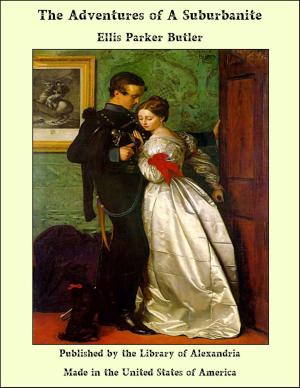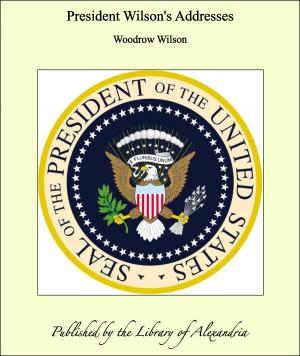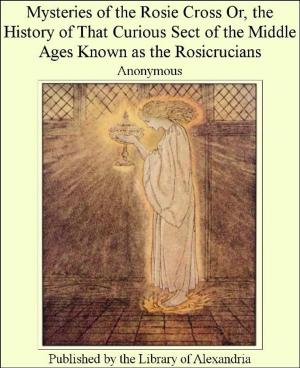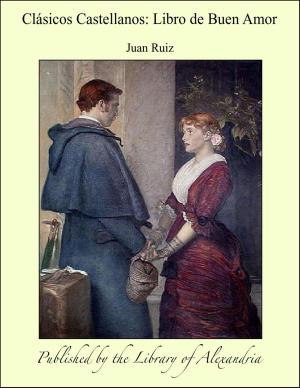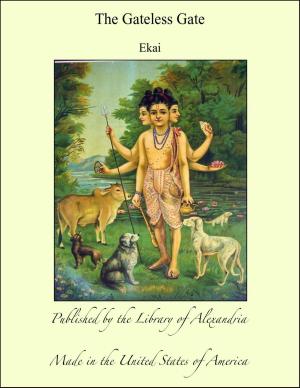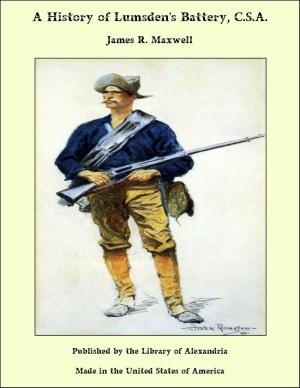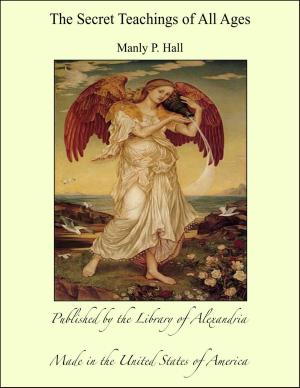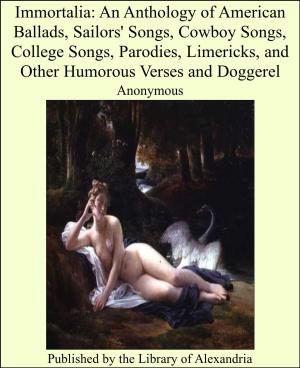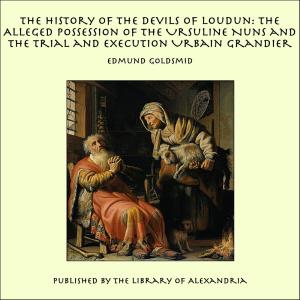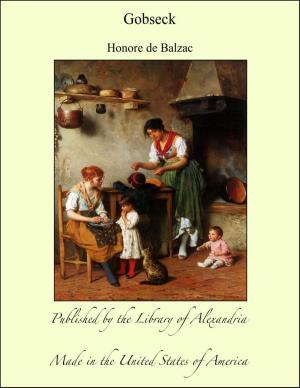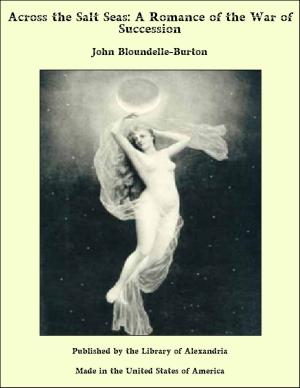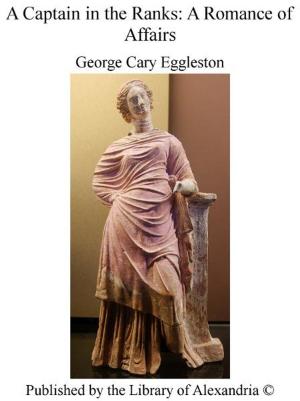Mollie Charane and Other Ballads
Nonfiction, Religion & Spirituality, New Age, History, Fiction & Literature| Author: | Anonymous | ISBN: | 9781465507259 |
| Publisher: | Library of Alexandria | Publication: | March 8, 2015 |
| Imprint: | Language: | English |
| Author: | Anonymous |
| ISBN: | 9781465507259 |
| Publisher: | Library of Alexandria |
| Publication: | March 8, 2015 |
| Imprint: | |
| Language: | English |
To expose the delirium and delinquencies of a respected or even respectable body of men is always an ungracious, though it may not be an unnecessary, task. But when we are informed that rejection of certain supernatural stories means our condemnation here and damnation hereafter, we feel tempted to examine the kind of men who first accepted and promulgated those stories. The man who tells me I shall be damned if I do not believe in his theories or thaumaturgy may have many estimable qualities, but he must not be surprised if, disregarding these, I call attention to instances of his credulity. When, moreover, priests assume authority over conduct on the ground that their Church or their doctrines were God-given, it becomes necessary to investigate how that Church and those doctrines were built up; and if we find superstitious fooleries and pious frauds mixed therein, it may do something to abate our confidence in priestly pretentions. In regard to the Fathers, as to much else, the Catholic is the most consistent of all Christian Churches. The men who established the Church, and fixed what was and what was not Canonical Gospel, are surely entitled to some authority on the part of believers. When Protestants wish to prove the authenticity of their infallible book, they have to fall back upon the witness of the fallible Fathers whose authority they are at Other times always ready to repudiate. The intellectual and moral character of the men who were the original depositaries of Christian faith and literature is then evidently of the utmost importance. All historical evidence as to the authenticity of the New Testament, or the faithfulness of ecclesiastical history, comes through them. If they were credulous and untrustworthy, the edifice built upon their testimony or their faith will be found to be tottering. Now, concerning the Fathers of the Christian Church, we have, at the outset, to allege that, as a class, not only were they superstitious and credulous, and therefore unreliable, but that many of them were absolutely fraudulent, not hesitating to use any and every means to Further the interests of their religion
To expose the delirium and delinquencies of a respected or even respectable body of men is always an ungracious, though it may not be an unnecessary, task. But when we are informed that rejection of certain supernatural stories means our condemnation here and damnation hereafter, we feel tempted to examine the kind of men who first accepted and promulgated those stories. The man who tells me I shall be damned if I do not believe in his theories or thaumaturgy may have many estimable qualities, but he must not be surprised if, disregarding these, I call attention to instances of his credulity. When, moreover, priests assume authority over conduct on the ground that their Church or their doctrines were God-given, it becomes necessary to investigate how that Church and those doctrines were built up; and if we find superstitious fooleries and pious frauds mixed therein, it may do something to abate our confidence in priestly pretentions. In regard to the Fathers, as to much else, the Catholic is the most consistent of all Christian Churches. The men who established the Church, and fixed what was and what was not Canonical Gospel, are surely entitled to some authority on the part of believers. When Protestants wish to prove the authenticity of their infallible book, they have to fall back upon the witness of the fallible Fathers whose authority they are at Other times always ready to repudiate. The intellectual and moral character of the men who were the original depositaries of Christian faith and literature is then evidently of the utmost importance. All historical evidence as to the authenticity of the New Testament, or the faithfulness of ecclesiastical history, comes through them. If they were credulous and untrustworthy, the edifice built upon their testimony or their faith will be found to be tottering. Now, concerning the Fathers of the Christian Church, we have, at the outset, to allege that, as a class, not only were they superstitious and credulous, and therefore unreliable, but that many of them were absolutely fraudulent, not hesitating to use any and every means to Further the interests of their religion

